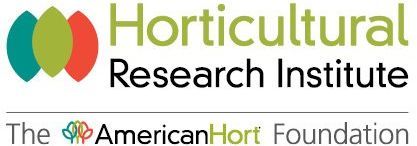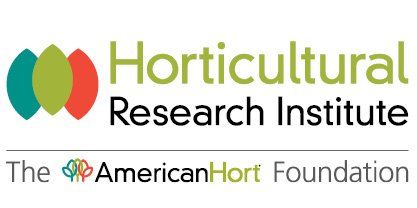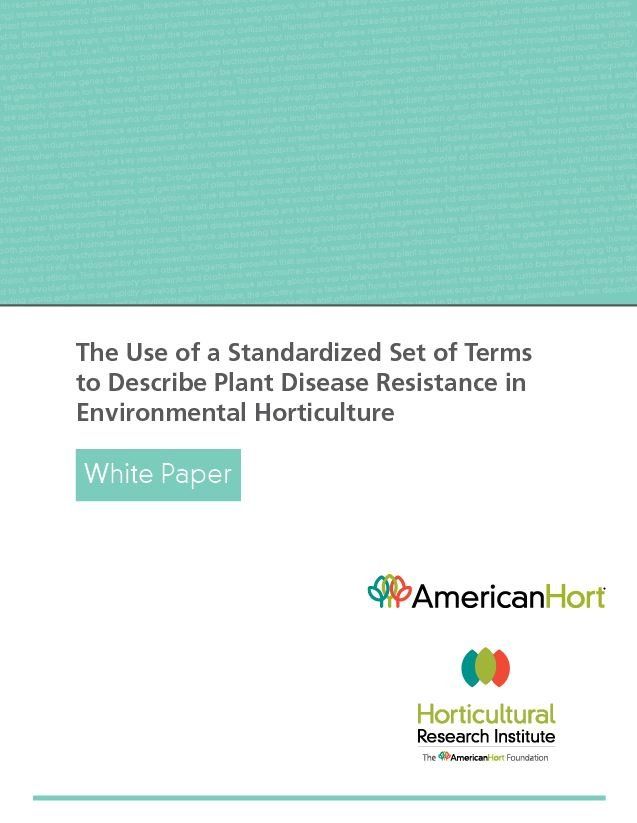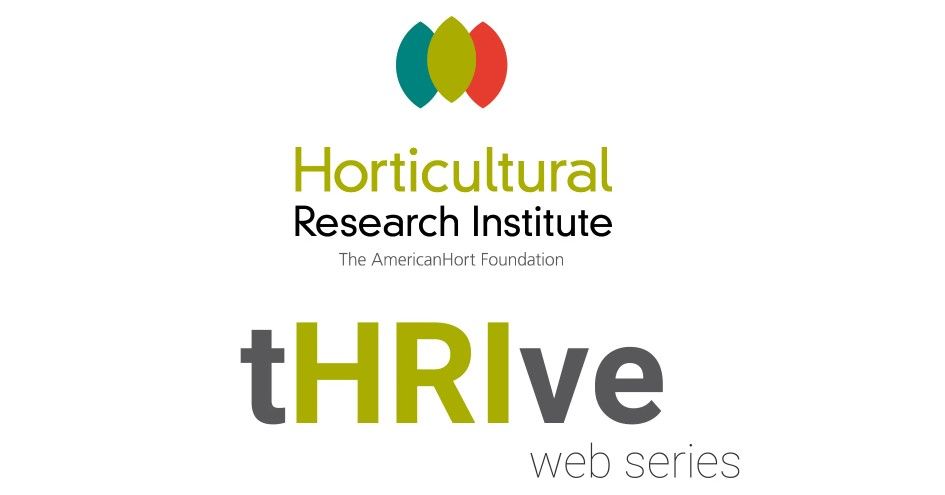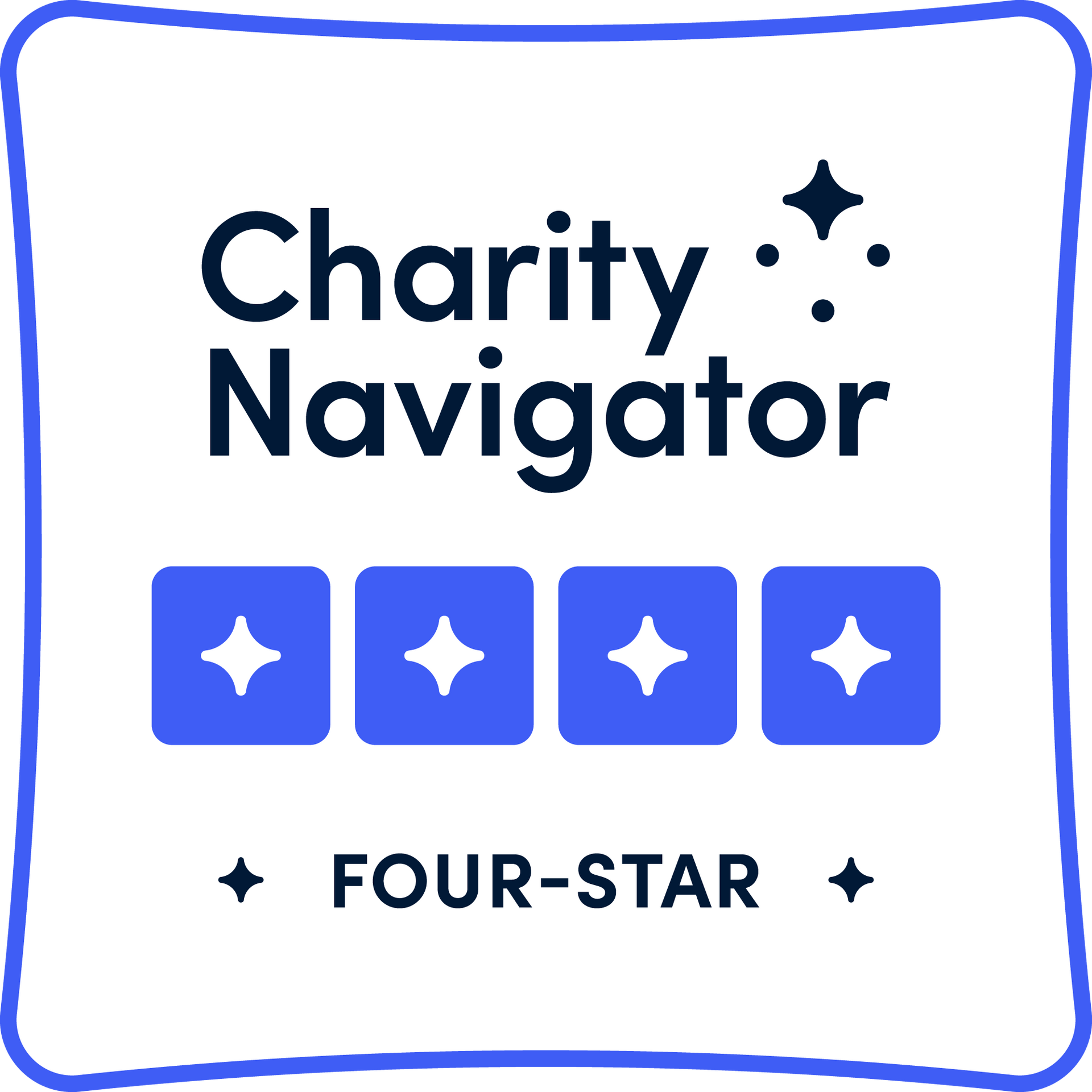AmericanHort & HRI Recommend Terms for Disease Resistance Claims
AmericanHort and its research foundation, the Horticultural Research Institute (HRI), are dedicated to unifying the environmental horticulture industry to cultivate successful businesses and help enhance lives through the benefits of plants. AmericanHort prides itself in listening to industry needs and relies on stakeholder input to drive its focus and efforts, including the recent industry-initiated movement to standardize the terms used as marketing tags on newly released plant material in reference to specific diseases and/or abiotic stresses.
Disease resistance and tolerance to abiotic stresses (such as drought, cold exposure, others) in plants contribute greatly to plant health and ultimately to the success of our industry. As more new plants are anticipated to be released targeting disease and/or abiotic stress management, the industry will be faced with how to best represent these traits to customers and set performance expectations. Often the terms resistance and tolerance are used interchangeably, and oftentimes resistance is mistakenly thought to equal immunity.
At the request of Industry representatives, AmericanHort led an effort to explore an industry-wide adoption of specific terms to be used in the event of a new plant release when describing disease resistance and/or tolerance to abiotic stresses to help avoid unsubstantiated and misleading claims.
Jean-Marc Versolato, Production Manager, Plant Health Department, Bailey Nurseries, participated in the process and commented, “It’s a good idea for the whole industry to use the same words to describe a plant’s response to stress and to clarify the specific pathogen or agent tested. This is useful so that the end customer understands the claim being made, and there is no ambiguity a plant’s resistance or tolerance to a stress. It becomes a truer statement and no longer misleads the customer into thinking a plant is resistant to all sorts of problems.”
A working group made up of the research community and industry breeders advised a set of clear definitions for the terms immunity, high or intermediate resistance, susceptibility, and tolerance to be used industry-wide going forward. Disease specifics should be included on marketing claims. For example, a tag on an impatiens plant should state ‘High Resistance to Impatiens Downy Mildew’ as opposed to ‘High Resistance to Disease.’
Shannon Carmody, Plant Pathologist, Ball Horticultural Company, commented on the process, “The development of downy mildew resistant Impatiens started a conversation internally at Ball Horticultural Company about how to use accurately disease resistance language in breeding, product development, and marketing for ornamental crops. We look forward to working with other industry stakeholders to improve clarity and consistency for our customers.”
The full white paper is available here. AmericanHort encourages all breeders and those involved in new plant introductions within environmental horticulture to follow this guidance.
###
Green industry businesses perform better, grow faster, and prepare for the future as a member of AmericanHort, the green industry’s leading association. With a rich history of serving horticultural professionals, AmericanHort supports nearly 15,000 members and affiliated businesses that include breeders, greenhouse and nursery growers, garden retailers, distributors, interior and exterior landscape professionals, florists, students, educators, researchers, manufacturers, and all of those who are part of the industry market chain. The horticulture industry's production, wholesale, retail, and landscape service components have annual sales of $346 billion, and sustain over 2.3 million full- and part-time jobs. AmericanHort works to impact the growth, performance, and successful future for the industry through advocacy, research, education, and advancing industry standards. Visit www.americanhort.org for news and information.
The Horticultural Research Institute (HRI), the research affiliate of AmericanHort, has provided over $9 million in funds since 1962 to research projects covering a broad range of production, environmental, and business issues important to the green industry. Over $14 million is committed to the endowment by individuals, corporations, and associations. For more information about HRI, its grant-funded research, scholarships, or programming, visit www.hriresearch.org or contact Jennifer Gray at 614.884.1155.
Share This Post

